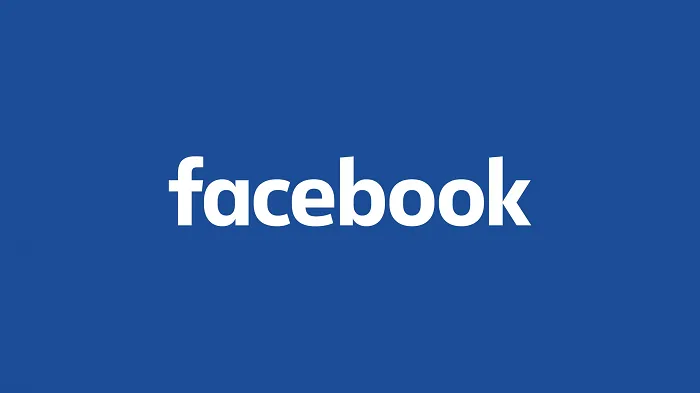It seems that Meta is indeed serious about its shift away from news content, with a new report from Chartbeat and Similarweb showing that Facebook referral traffic to publisher websites has declined by 50% over the past year.
The report analyzed traffic to 792 news and media websites, using third-party tracking data to provide an indicative measure of Facebook referral traffic.
And the trends are clear.

As reported by Press Gazette:
“Aggregate Facebook traffic to news and media sites that have been tracked by the Chartbeat since 2018 shows that referrals to the sites have plunged by 58% in the last six years from 1.3 billion in March 2018 to 561 million last month. Traffic from Facebook fell by 50% in the last 12 months alone as the decline shows little sign of slowing.”
The data also suggests that, in terms of total referrals, Facebook now drives less than a quarter of the visits than it had been back in 2018, down from 30% in March 2018 to 7% in March 2024.
As you can see in the above chart, smaller players have been hit especially hard, with their Facebook referrals declining significantly over the past year.
Meta’s been gradually reducing the presence of news content in its apps, with the company ending its Facebook News project, which had been its primary support stream for news publishers, in December last year.
More recently, Meta announced that it was looking to reduce the reach of political content in its apps, in order to facilitate a more positive user experience, which also involves making political content opt-in by default.
The gradual shift towards AI-recommended updates, primarily video clips, in user feeds has enabled Meta to reduce its reliance on news posts. That, in part, is because it’s no longer looking to focus on user engagement (i.e. comments and likes) as the driver of content reach, with time spent now playing a bigger role in dictating what its algorithms seek to highlight and show to more people.
Because over time, people are engaging less and less in its apps. As a result, Meta is realigning itself around entertainment, and keeping users glued to its apps via compelling video updates, which also gives it the added benefit of lessening angst and debate, which is generally aligned with political content.
Indeed, back in 2021, Meta CEO Mark Zuckerberg noted that:
“One of the top pieces of feedback we’re hearing from our community right now is that people don’t want politics and fighting to take over their experience on our services.”
That was just after the Capitol riots, which resulted in Zuckerberg being hauled before Congress to answer questions about the role that his platforms had played in the incident.
It was the second time that Zuckerberg had been questioned by lawmakers over the political influence of his apps. And that, seemingly, was one time too many for Zuck’s liking, because that was really the beginning of Meta’s explorations into removing news and politics entirely, and distancing itself from such concerns.
And clearly, that’s now having a big impact for news publishers (SMT included), but on balance, that could actually be a positive shift overall, considering the broader impacts.
Even if it is hurting the bottom lines of some publishers.
For years, Facebook has been identified as a key disseminator of misinformation, and with a third of all American adults getting at least some of their daily news input from the platform, the role that Facebook can play in this respect can be significant. That’s why Russian and Chinese influence operations have long targeted Facebook as their primary medium of choice, with the hope being that they can shift voter behaviors in other regions through Facebook’s massive reach.
But if Facebook doesn’t show people news content at all, that’ll make things a lot harder, while also reducing scrutiny on Meta more broadly, and helping it avoid negative headlines.
And if Meta can also find a way to increase user engagement without those additional headaches, that seems like a big win for Zuck and Co.
It’s the same approach that Meta’s now taking with Threads, its Twitter competitor app, by focusing on amplifying more positive, light hearted, entertainment-based content, as opposed to political debate. Which seems like it shouldn’t work, but Threads is growing, and Meta seems happy with its development thus far.
Basically, if Meta can avoid news and politics, it logically should, as that’s both what many users say that they want, and what brings Meta the most trouble from a regulatory standpoint.
It’s not great news for publishers, but it could make social media, more broadly, a more positive and beneficial experience.





